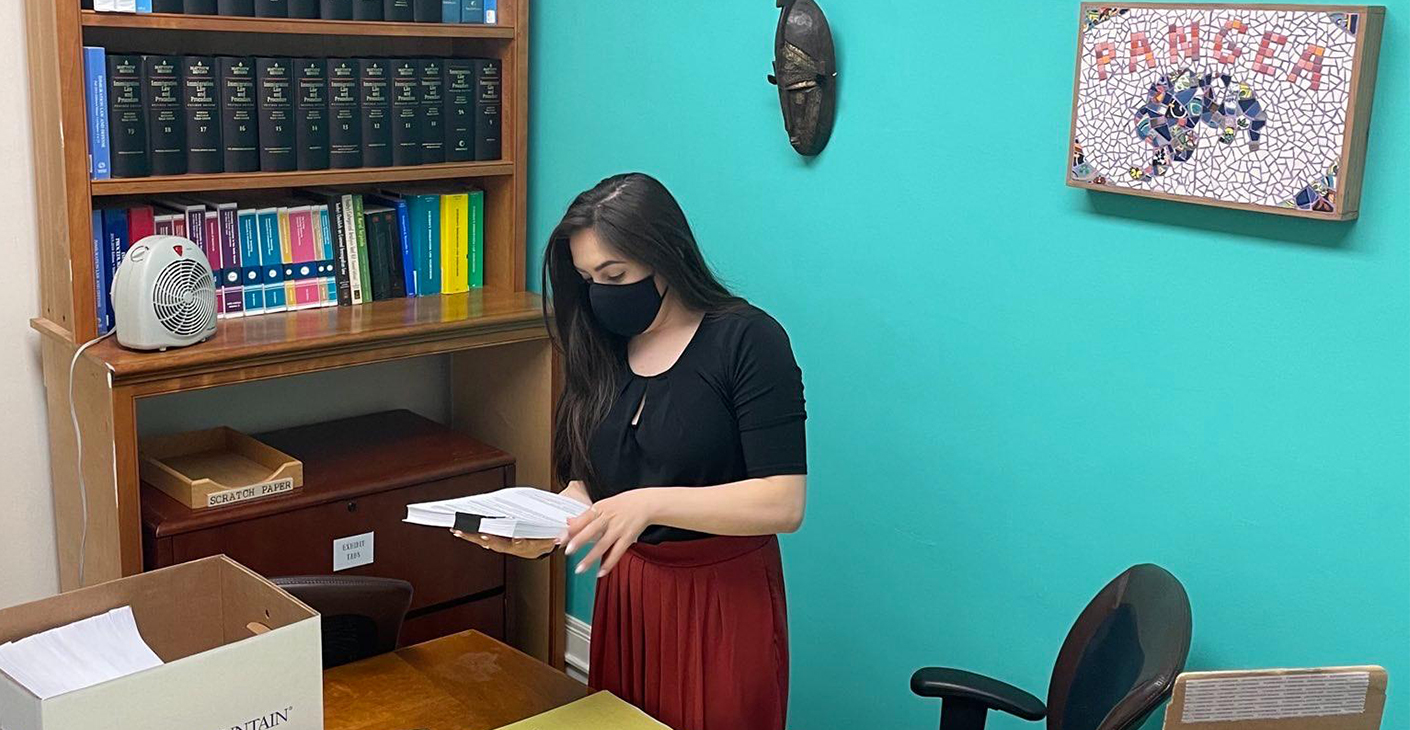Last August, as American troops withdrew from a 20-year presence in Afghanistan, the world witnessed a terrifying and sudden Taliban takeover of the country. A group of Afghan Americans, some based in the Bay Area, immediately set up a network to help Afghans flee their dangerous new reality and emigrate to the US. SFF chatted with Saamia Haqiq, Coordinator for Afghan Network for Advocacy & Resources (Project ANAR). As a project of Pangea Legal Services, Project ANAR received a Rapid Response Fund grant in 2021 to support this work. Below are highlights from the conversation.
SFF: How was Project ANAR created?
Saamia: The vast majority of Afghans targeted by the Taliban have no immigration pathways to come to the US. US Customs and Immigration Services (USCIS) has only offered pathways to Afghans working with the US military, or other US-affiliated Afghans. So Afghans who worked for the former Afghan government, as well as ethnic and religious minority groups, have been left out. We knew we needed to get more vulnerable Afghans out. In a matter of days, Pangea Legal Services, Centro Legal de la Raza, and a group of Afghan attorneys got together and decided to create Project ANAR to help – and to help fast.
SFF: What were those first few months like?
Saamia: We were running on pure adrenaline, barely sleeping all the way through October. The scenes — of people starving outside the airport gates, hurting themselves to enter, children needing water – caused many of us to have nightmares. We were motivated to help, and every news story about Afghanistan, and our own families’ stories, pushed us further along to help make this possible
SFF: How did the Rapid Response Fund grant impact your work?
Saamia: It’s so empowering that the Rapid Response Fund supports organizations that are responding to crises. We’ve helped thousands of Afghans in need and that wouldn’t have been possible without a grant that was issued so quickly, to help respond to crises and situations that can change very quickly. It’s very uplifting to know the community is there to support us.
SFF: Project ANAR is based in the Bay Area. Why is that important?
Saamia: The Bay Area is home to more than 60,000 Afghan Americans. We have one of the biggest Afghan populations in the US. I was born in Hayward, and I’ve lived in the Bay Area my whole life. Project ANAR is led by Afghan Americans, and we are all personally affected by what’s happening in Afghanistan. We all have family members who are still there.
SFF: How many people have you helped, and how many have been able to come to the US?
Saamia: With three full-time staff members and more than a thousand legal volunteers, we’ve been able to file over 600 humanitarian parole applications. It’s been reported that 40,000 Afghans have filed for humanitarian parole because they were left with no other options. Despite the apparent need for parole, a majority of the filed applications are still pending because USCIS adjudication trends. It’s a long and sometimes ludicrous process. We have received some denials where USCIS claims that applicants should pursue refugee pathways even though those pathways were dismantled by the Trump administration; and the UN High Commission on Refugees doesn’t operate in Afghanistan. It’s just mind blowing to think that despite knowing Afghan lives are in danger and the situation is in constant flux, USCIS has still not approved these cases.
SFF: How have you been affected by this work?
Saamia: I used to work in business immigration, and I was preparing to apply to law school last fall. With the sequence of events in Afghanistan, I quit my job in August and pushed back law school to focus on this project full time. This work has become everything – it’s our outlet towards making a difference for those back home. And because of funders like the San Francisco Foundation, we’re able to do this work and use this outlet to help Afghans in every way that we can during a time of great need.


